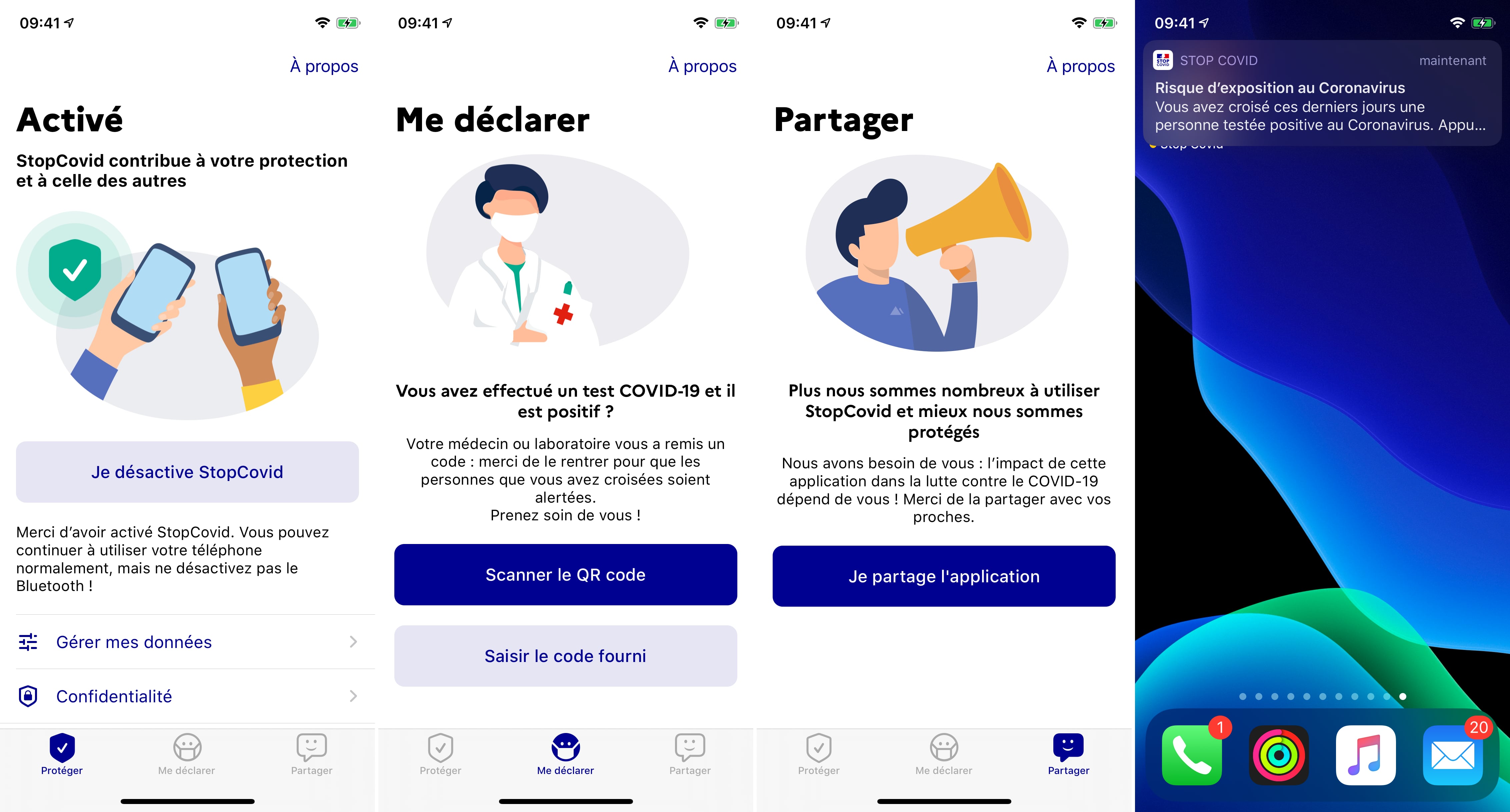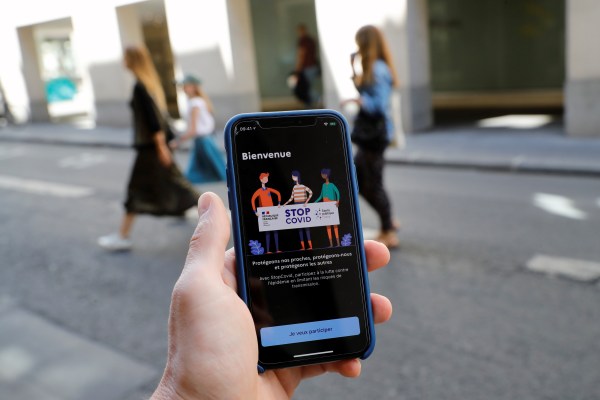Following a debate in the National Assembly, the lower house of the French parliament, deputies have voted in favor of the release of contact-tracing app StopCovid and the decree related to the app.
While a vote in the parliament wasn’t a mandatory step, the government wants to rally as many people as possible around the contact-tracing app. At first, French President Emmanuel Macron said there would be a debate, but not necessarily followed by a vote. The government then reversed its stance and said deputies would vote.
“If members of the parliament vote against the release of the application, we won’t release StopCovid,” France’s digital minister Cédric O said in a radio interview earlier today.
It’s still unclear whether a contact-tracing app is efficient. But there’s one thing for sure — the app would be inefficient if only a small fraction of people living in France choose to download it. Hence today’s debate.
There were two important points discussed in the National Assembly. First, is StopCovid a surveillance app and is there a risk when it comes to privacy? Second, is StopCovid useful and efficient?
Privacy
“Tomorrow, I want to be free to download or not to download the application. I want to be free to protect myself,” France’s minister of health Olivier Véran said. It doesn’t really answer the privacy risks of a contact-tracing app but it’s true that the government changed the decree at the last minute to say that there won’t be any negative consequence if you’re not using StopCovid, nor any privilege if you’re using it.
“StopCovid isn’t a project for peacetime. It’s a project for a historical crisis — it wouldn’t exist without it and it’s not going to exist after it,” Cédric O said.
StopCovid relies on Bluetooth like most contact-tracing app. But a group of research institutes and private companies have worked on a homemade solution that doesn’t rely on Apple and Google’s contact-tracing API. It is based on a centralized contact-tracing protocol that computes matches on a central server. It isn’t anonymous but pseudonymous.
It has been a controversial topic over the past few weeks. Cédric O defended France’s centralized solution by saying it guarantees the digital sovereignty of the country.
“22 countries have chosen to develop a contact-tracing app that relies on the interface developed by Apple and Google. 22 countries, but not France and the U.K. And it’s not a coincidence because those two countries also have nuclear weapons,” Cédric O said.
Paula Forteza, a deputy from the same party who recently created a separate parliamentary group due to recent disagreements, rightfully said that isn’t as straightforward as that.
“No, the debates on the centralized and decentralized design of the protocol don’t overlap with debates on digital sovereignty and reliance on tech giants,” Forteza said.
Effectiveness
Once again, the government and opponents didn’t have the same take on the potential effectiveness on an optional contact-tracing app.
“The app is systematically and linearly efficient as soon as a few percentage points activate it,” Cédric O said.
“It’s inefficient because 50 to 60% of French people have to install the application. It’s inefficient because 25% of French people don’t have a smartphone, unless you have decided to offer them one,” leader of far-left party La France Insoumise Jean-Luc Mélenchon said.
On this point, nobody really had a clear answer. Contact-tracing using Bluetooth is still uncharted territory. Moreover, on iOS, you’ll have to leave the app open to enable Bluetooth.
“The only ones who are able to decide whether this applications is efficient, useful or not useful, are epidemiologists,” Cédric O concluded after the debate.
Next steps
Later today, the upper house of the French parliament, the Senate, will also discuss the pros and cons of StopCovid and vote. After that, StopCovid will be released on the App Store and Play Store early next week.
Here’s what it looks like:

